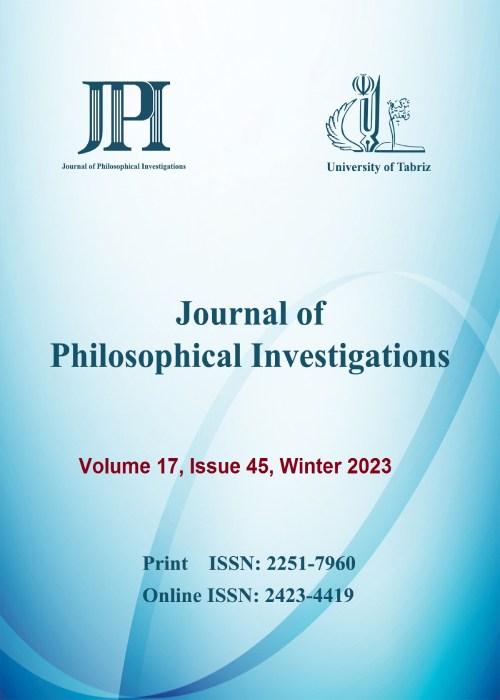Socrates the Moral Reformist
Author(s):
Abstract:
Socrates is in search of a specific knowledge that by achieving it, one would both realize the moral virtues and practically become virtuous. Based on morality on knowledge, Socrates unifies his philosophy with his way of life, and discovers a criterion by which he could criticize the customary morality, religion, politics, and rhetoric of the Greeks, and expose their moral defects. The common defects that are the subjects of his moral examination and rectification include: the belief that committing injustice is better than suffering it; revenge and reciprocation (the lex talionis: a gift for a gift and an evil for an evil); popular piety based on the belief in the deceit and strife among gods, and deceitfulness and callousness of the gods towards human beings, and commercial transaction between gods and humankind (i.e. gods receiving sacrificial gifts from human beings in exchange for providing their needs); allowing the superordinate to exploit the subordinate; and lastly, the method of persuasive and deceitful rhetoric.
Language:
Persian
Published:
Philosophical Investigations, Volume:10 Issue: 19, 2017
Pages:
231 to 252
magiran.com/p1653479
دانلود و مطالعه متن این مقاله با یکی از روشهای زیر امکان پذیر است:
اشتراک شخصی
با عضویت و پرداخت آنلاین حق اشتراک یکساله به مبلغ 1,390,000ريال میتوانید 70 عنوان مطلب دانلود کنید!
اشتراک سازمانی
به کتابخانه دانشگاه یا محل کار خود پیشنهاد کنید تا اشتراک سازمانی این پایگاه را برای دسترسی نامحدود همه کاربران به متن مطالب تهیه نمایند!
توجه!
- حق عضویت دریافتی صرف حمایت از نشریات عضو و نگهداری، تکمیل و توسعه مگیران میشود.
- پرداخت حق اشتراک و دانلود مقالات اجازه بازنشر آن در سایر رسانههای چاپی و دیجیتال را به کاربر نمیدهد.
In order to view content subscription is required
Personal subscription
Subscribe magiran.com for 70 € euros via PayPal and download 70 articles during a year.
Organization subscription
Please contact us to subscribe your university or library for unlimited access!


